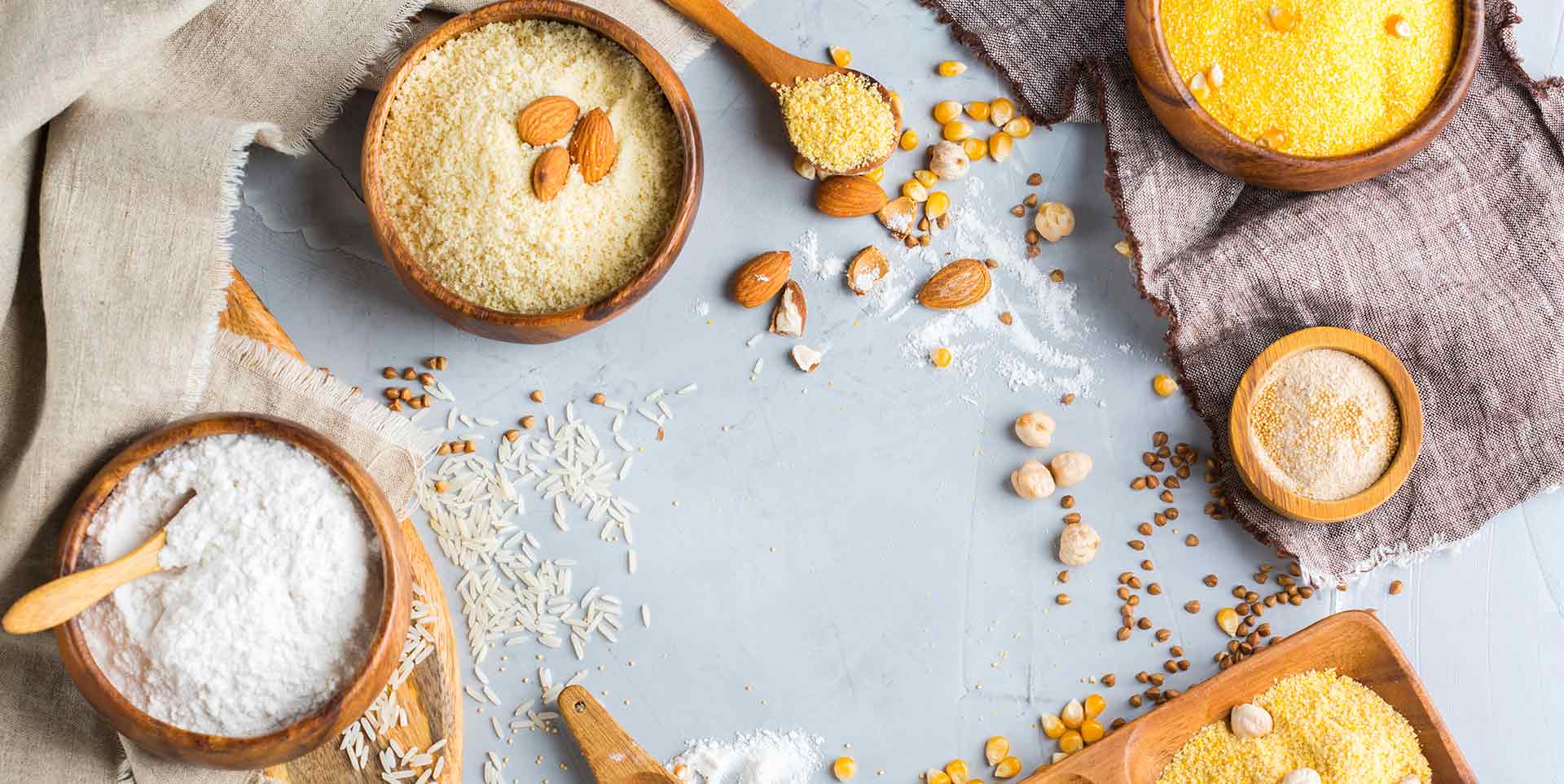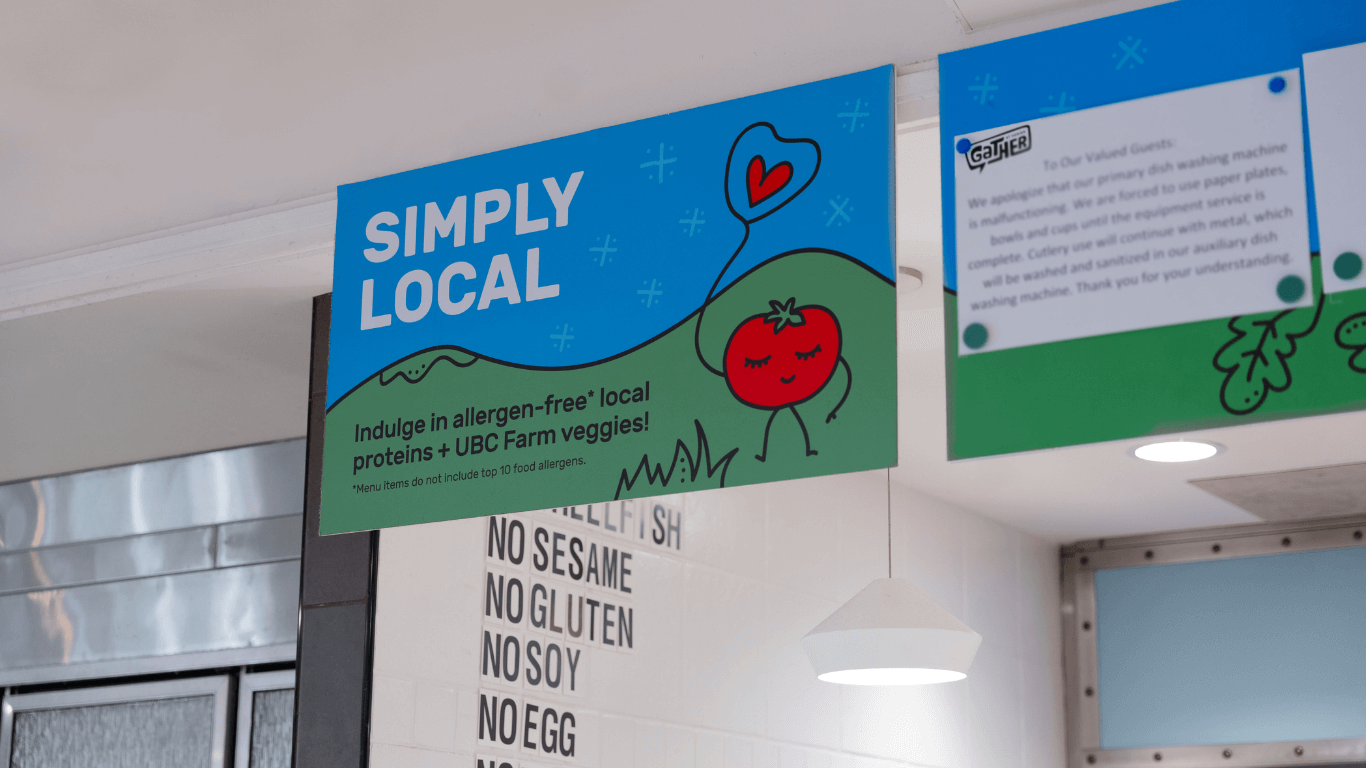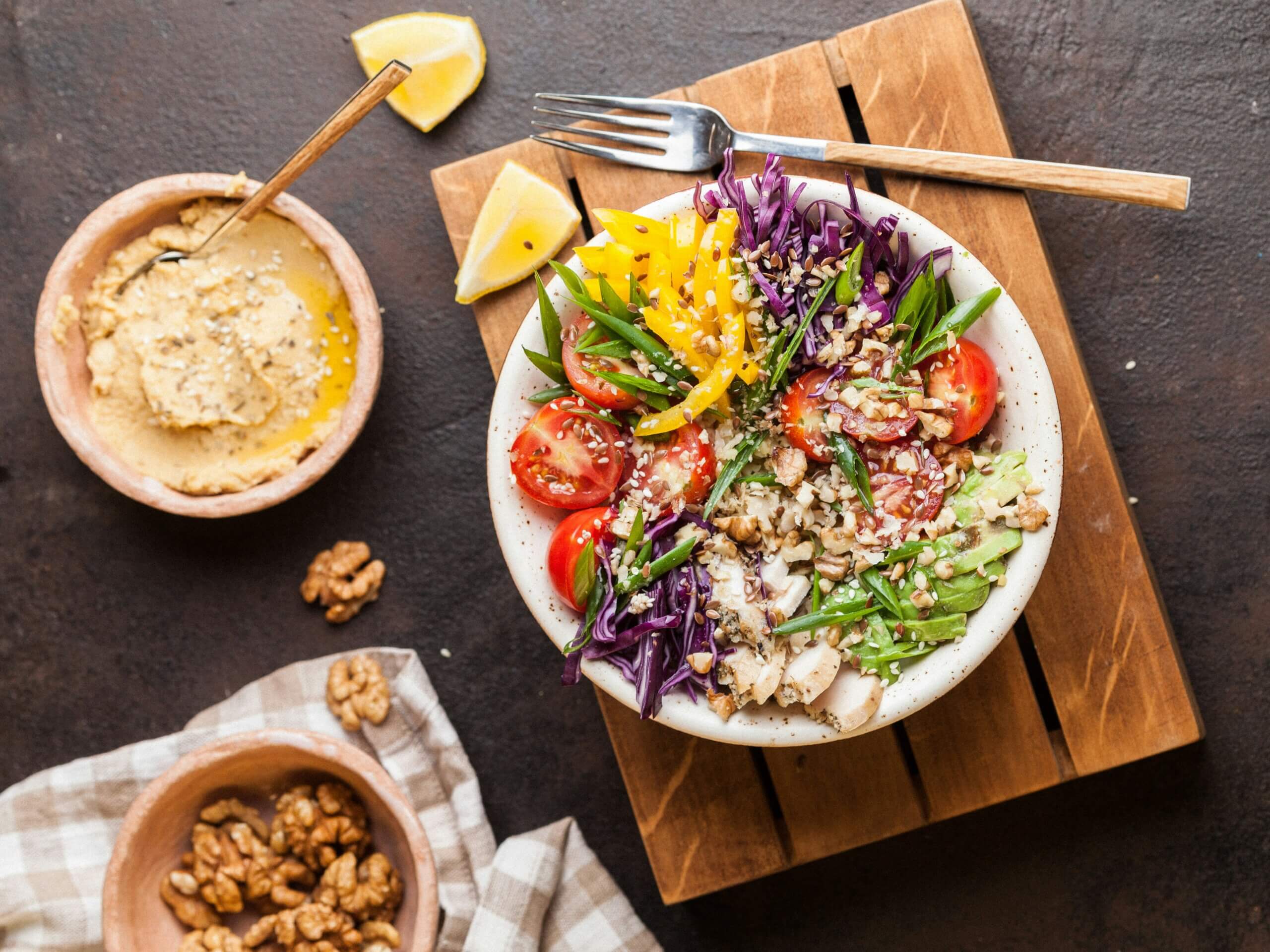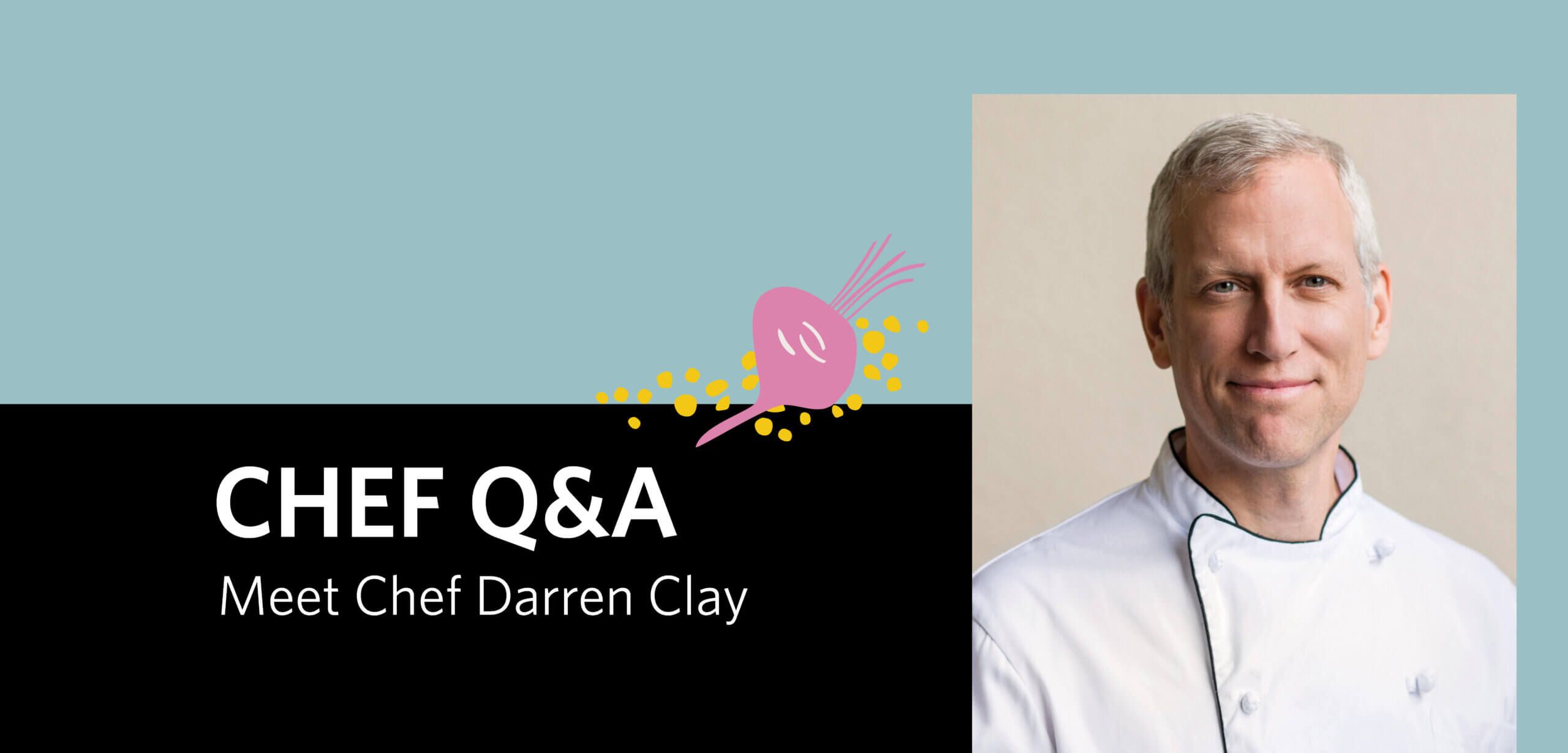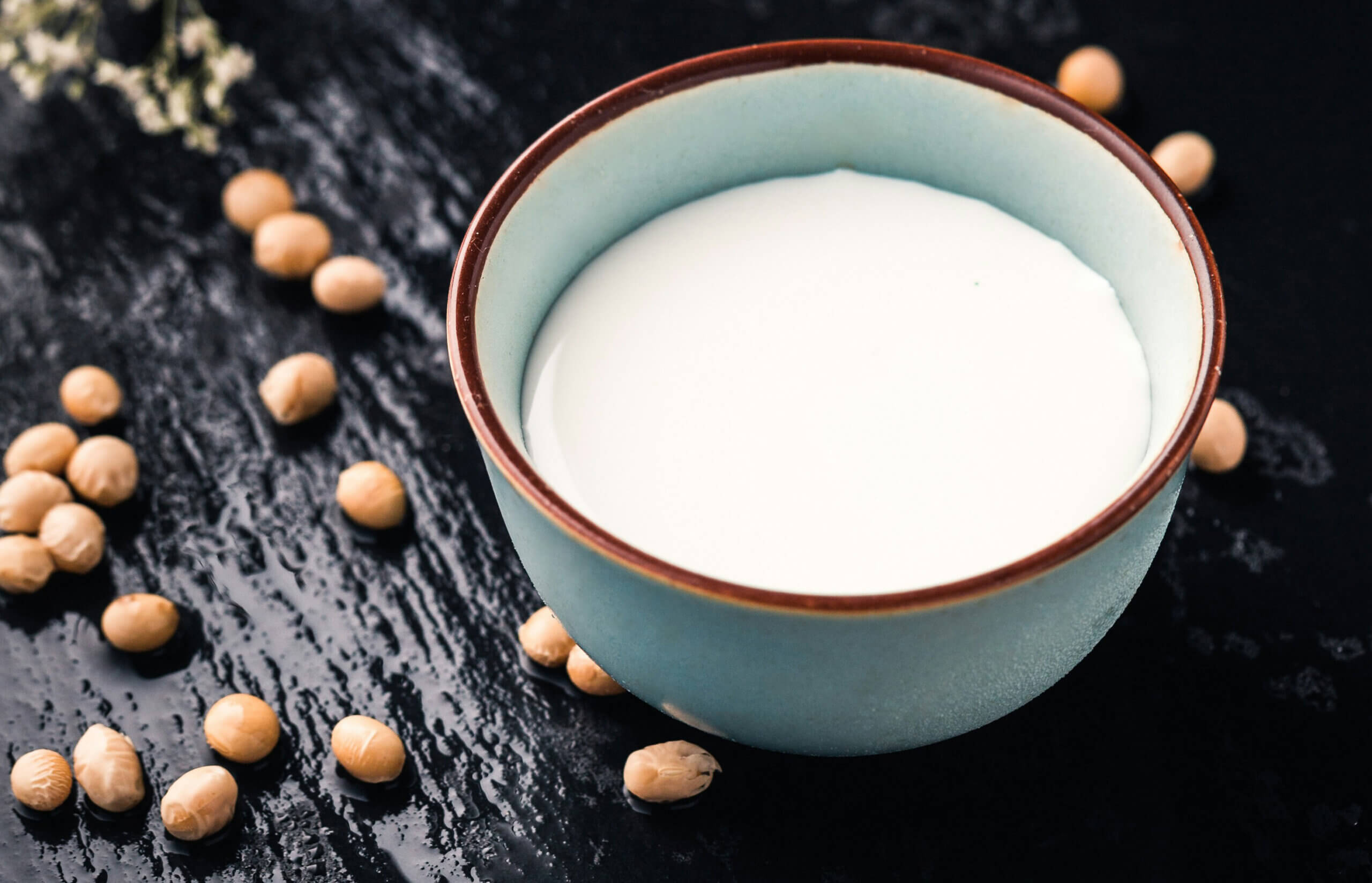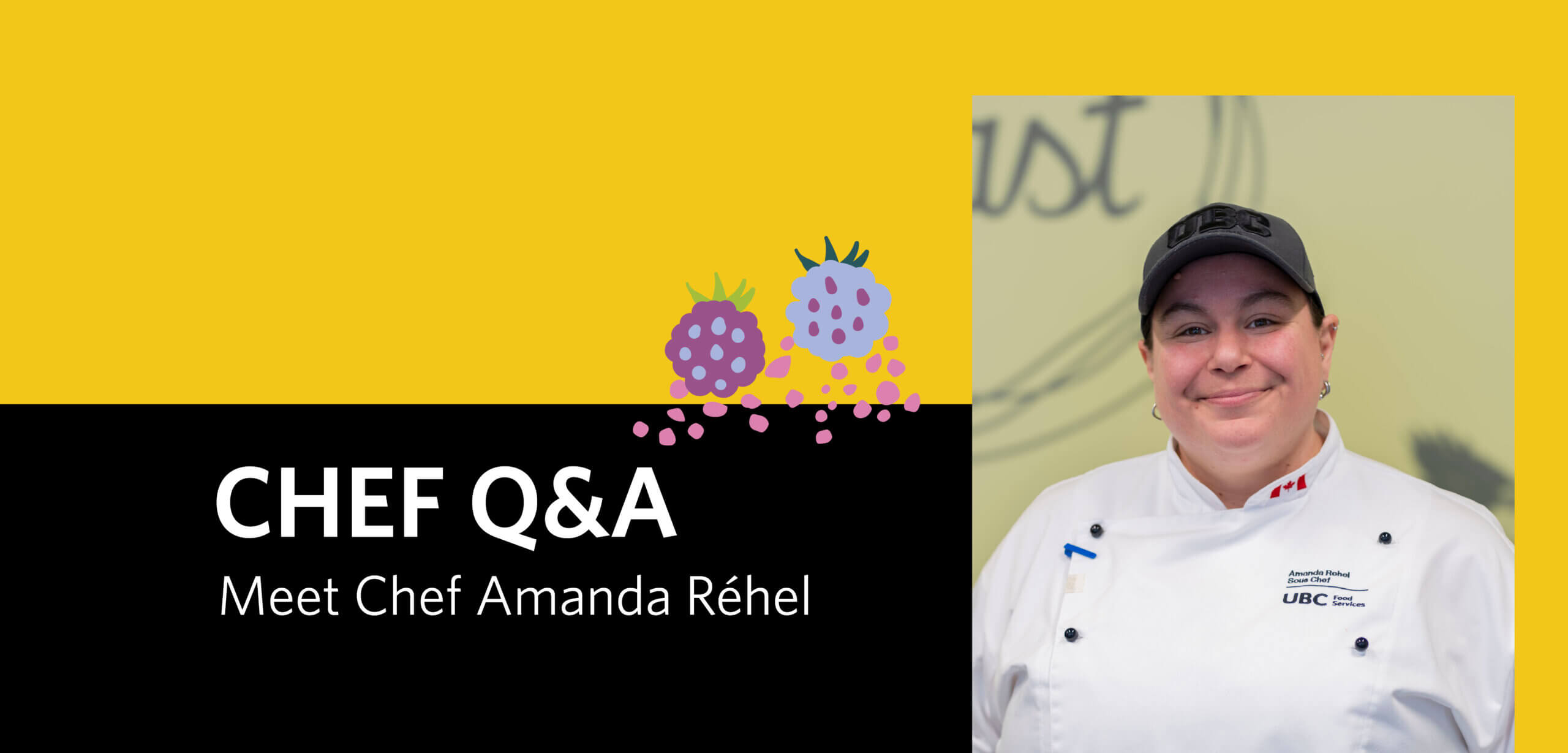What is Celiac Disease?
Celiac disease is an autoimmune condition that damages the small intestine when gluten is consumed. Gluten is a protein found in wheat, rye, barley, triticale, and their derivatives. Even a crumb of bread is enough to cause symptoms and damage the intestine of someone with celiac disease.
Celiac disease is genetic. If you have a family member with the disease, speak with your doctor to determine if you should get tested. However, it’s an underdiagnosed disease which means you may still have it even if you are not aware of any family members with celiac disease.
Types of Celiac Disease
There are two types of celiac disease: classical and silent. Classical celiac disease includes a specific set of symptoms, while in silent celiac disease symptoms appear to be non-existent, or “silent”, while damage is still being done to the intestines.
Symptoms of Celiac Disease
There are over 200 symptoms related to celiac disease. Experiencing different combinations of symptoms is completely normal. Some people experience symptoms minutes after ingesting gluten, while for others it may take hours.
If you suspect you have celiac disease, keep track of which symptoms you experience. This information can be helpful when visiting your doctor or dietitian. Common adult symptoms of celiac disease include:
- Abdominal pain
- Bloating, diarrhea and/or constipation
- Anemia
- Heartburn
- Headache and/or fatigue
- Weight loss
- Nausea
- Tingling, numbness or pain in the hands and feet
Click here for a complete list of symptoms. Take this Symptom Assessment to see if you are at an increased risk of developing celiac disease.
Your Next Step: Testing
If you think you may have celiac disease, make an appointment with a doctor and be prepared to let them know your symptoms and if you have family history of celiac disease.
- Your doctor will do a blood test for antibodies as the first step.
- If the blood test is positive for the antibodies common in celiac disease, an endoscopy typically comes next to officially diagnose celiac disease. The endoscopy identifies how damaged or inflamed your small intestine is by examining a small sample of it (a biopsy).
- To have accurate results, continue eating gluten-containing foods for weeks leading up to the tests. If you’re currently on a gluten-free diet, let you doctor know before getting tested.
The prospect of being diagnosed with celiac disease may seem overwhelming but the sooner you know, the better you will feel and the less damage you will do to your body! Remember to be mindful of how you feel minutes and hours after eating gluten. If you haven’t asked about your family history of celiac disease, now would be a great time to reach out to family members.
So, your test came back negative. Now What?
It can be tricky to understand what a negative blood test for celiac disease means, especially if you’re still experiencing symptoms.
- There still may be a small chance you have celiac disease. Speak with your doctor about performing other tests such as an endoscopy or genetic testing.
- Continue advocating for yourself until you have an accurate diagnosis, whether that’s celiac disease, non-celiac gluten sensitivity, IBS or another condition.
- You can still develop celiac disease down the road, therefore continue to be mindful of your symptoms, especially if celiac disease is in your family.
So, You Have Celiac Disease
Once you’ve been diagnosed with celiac disease, read our guide on what to do next.
